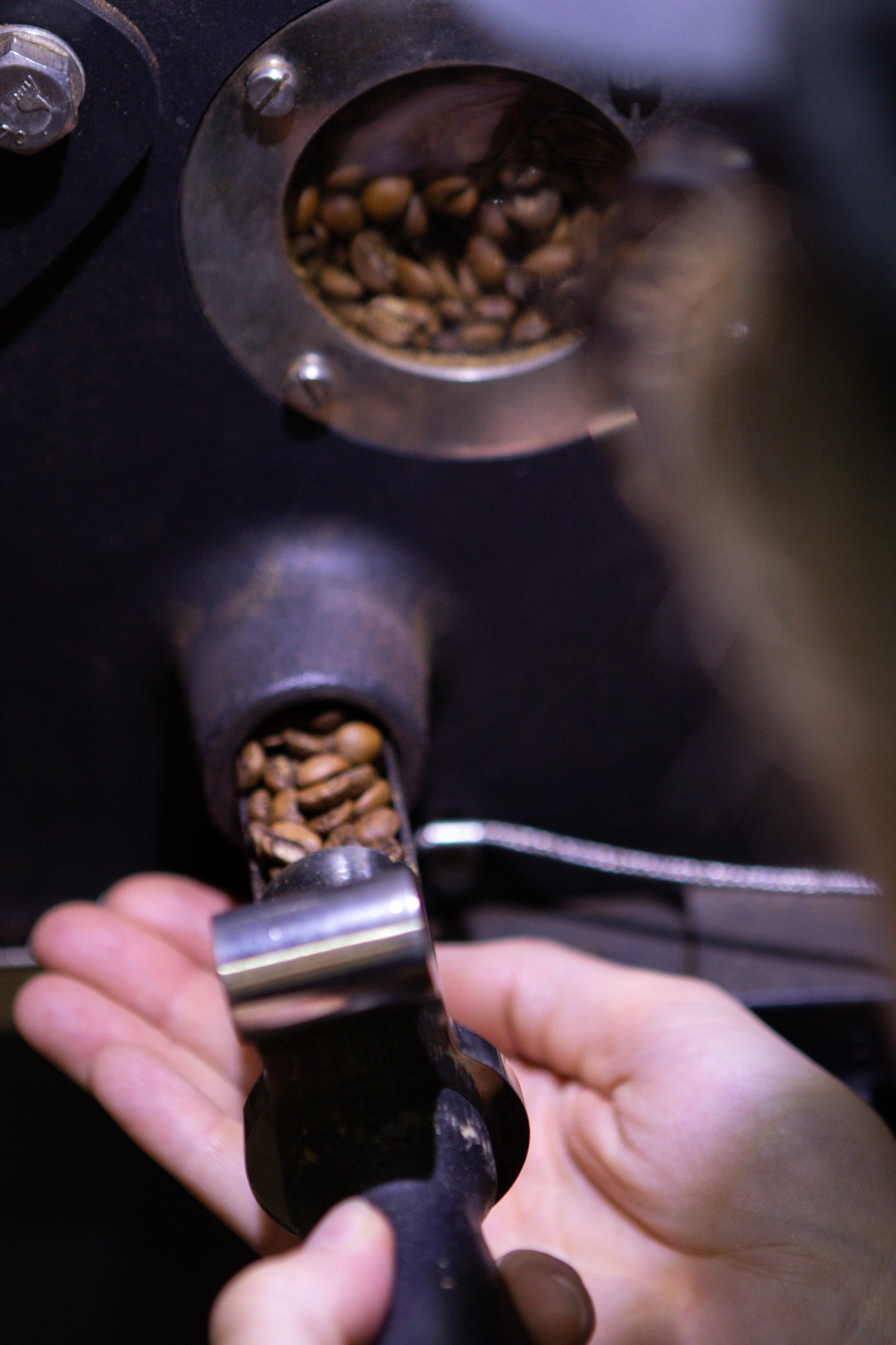How to Dial in Coffee for the Perfect Extraction
We talked about extraction and how to taste for it in our last two blog posts. But what if a coffee isn’t extracting right and you need to dial it in? Once you know a coffee isn’t tasting right, how do you change it? We’re going to cover that in this blog post!
Like we talked about before, a perfectly extracted coffee should taste syrupy sweet. It will be full of lovely tasting notes and balanced acidity; it won’t be sour and thin (under-extracted) or bitter and dry (over-extracted).
If it is under-extracted that means the water isn’t pulling enough solubles out of the grounds: essentially the coffee is brewing too fast, and you need to slow it down. In order to slow it down, make the grounds smaller. Water moves more slowly through finer coffee grounds. Make those grounds smaller, and the coffee will brew more slowly. You’ll start to notice more flavor, and the sourness will go away.
Conversely, if it is over-extracted that means the water is pulling too many solubles out of the grounds: the coffee is brewing too slowly, and you need to speed it up. In order to speed it up, make the grounds bigger. Water moves more quickly through larger coffee grounds. The coffee will brew faster once you coarsen up the grind size. You’ll start to taste more sweetness and less bitter dryness.
The amount of time the water spends in contact with the coffee directly increases the amount of solubles (taste) it pulls out of the coffee. So if you’re not tasting enough, the water needs to spend more time in contact with the grounds. If you’re tasting too much, it needs less time.
This is how to dial in a coffee and fix the extraction in the simplest of terms. There is a whole wealth of knowledge on this subject, and if you really want to dive into the science you can. We like to teach people to keep it simple at first and rely on taste. Dialing in a coffee to be extracted perfectly is also an artform!







